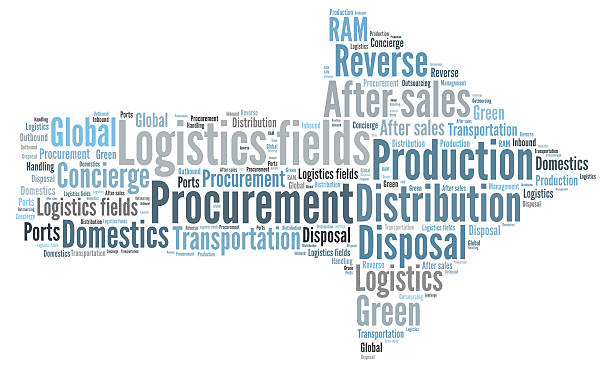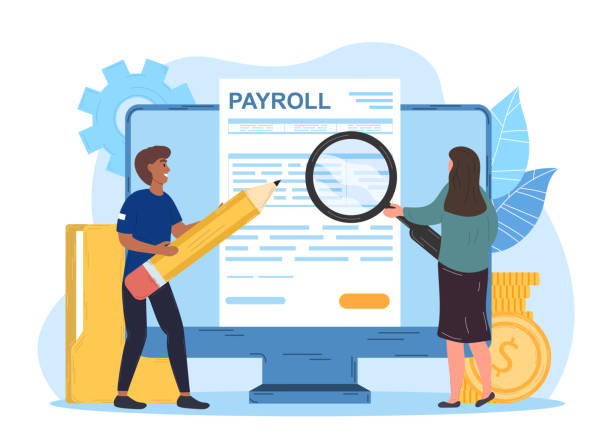The rise of e-commerce has revolutionized the way we shop, connect, and do business. With the convenience of online shopping at our fingertips, consumers have embraced this digital shift, leading to significant changes in various sectors, including logistics. Outbound logistics, the process of storing, transporting, and delivering goods to customers, has been particularly impacted by the booming e-commerce industry. In this post, we’ll delve into the transformative effects of e-commerce on outbound logistics and explore how businesses are adapting to meet new demands.
1. Speed and Efficiency for E-commerce
One of the most noticeable impacts of e-commerce on outbound logistics is the increased demand for speed and efficiency in delivery. Today’s consumers expect faster delivery times, often opting for same-day or next-day delivery options. This shift has put pressure on logistics providers to streamline their operations and optimize routes to meet these tight deadlines.
Advanced technology, such as route optimization software and real-time tracking systems, has become essential for logistics companies to enhance their delivery efficiency. These tools enable businesses to plan better routes, reduce fuel costs, and provide customers with accurate delivery estimates. Additionally, the integration of automation and robotics in warehouses has helped expedite the picking and packing processes, ensuring quicker order fulfillment.
2. Flexibility and Scalability for E-commerce
The e-commerce landscape is dynamic, with fluctuating demand and seasonal spikes. Outbound logistics must be flexible and scalable to adapt to these changing conditions effectively. Traditional logistics models, which relied on fixed routes and schedules, are giving way to more agile and responsive systems.
Cloud-based logistics solutions offer the flexibility businesses need to scale their operations up or down based on demand. These platforms allow for real-time inventory management, enabling businesses to maintain optimal stock levels and avoid stock outs or overstock situations. Moreover, outsourcing logistics to third-party providers has become a popular option for e-commerce businesses looking to leverage the expertise and resources of specialized logistics companies during peak seasons.

3. Last-Mile Delivery Challenges for E-commerce
Last-mile delivery, the final leg of the delivery process from the distribution center to the customer’s doorstep, has always been a challenging aspect of outbound logistics. With the growth of e-commerce, the last mile has become even more complex due to the increase in individualized deliveries and diverse customer preferences.
To overcome last-mile delivery challenges, logistics providers are experimenting with innovative solutions such as drone deliveries, lockers, and crowdsourced delivery models. Drones offer a promising way to deliver packages to remote or inaccessible areas quickly, while lockers provide customers with a convenient pick-up option at their preferred location. Crowdsourced delivery models, where independent contractors or local businesses handle deliveries, can help expand delivery capacity during peak times and reduce costs.
4. Sustainability and Green Logistics
As environmental concerns continue to gain prominence, sustainability has become a key focus for e-commerce businesses and logistics providers alike. The traditional logistics model, characterized by large fleets of vehicles and inefficient routes, is not environmentally friendly and contributes to carbon emissions.
To address this issue, many logistics companies are adopting green logistics practices and investing in eco-friendly vehicles and technologies. Electric and hybrid vehicles are becoming increasingly popular in delivery fleets, reducing carbon emissions and lowering operational costs in the long run. Additionally, optimizing routes and consolidating deliveries can minimize fuel consumption and reduce the overall environmental impact of outbound logistics operations.

5. Enhanced Customer Experience
Last but not least, e-commerce has raised the bar for customer expectations when it comes to the shopping and delivery experience. In today’s competitive market, exceptional customer service and personalized experiences are crucial for retaining customers and building brand loyalty.
Outbound logistics plays a pivotal role in shaping the customer experience, from the moment an order is placed to its final delivery. Real-time tracking, flexible delivery options, and hassle-free returns are some of the features that customers value most. By investing in technology and improving operational efficiency, logistics providers can enhance the overall shopping experience and differentiate themselves in the crowded e-commerce landscape.

Conclusion
The impact of e-commerce on outbound logistics is undeniable, driving changes and innovations across the industry. From speed and efficiency to flexibility and sustainability, e-commerce has reshaped the way logistics providers operate and deliver value to their customers. As the e-commerce industry continues to evolve, outbound logistics will remain a critical component of the supply chain, requiring continuous adaptation and innovation to meet the ever-changing demands of the digital age.
Businesses that embrace these changes and invest in advanced logistics solutions will be well-positioned to thrive in the competitive e-commerce landscape and deliver exceptional value to their customers. As we look to the future, the integration of technology, sustainability, and customer-centric approaches will be key factors shaping the next chapter in the evolution of outbound logistics.









[…] eBay boasts over 182 million active buyers worldwide, making it a prime destination for sellers of all kinds, including jewelry makers. Additionally, the platform’s user-friendly interface, expansive reach, and robust seller tools make it an ideal starting point for anyone looking to dip their toes into the world of e-commerce. […]
[…] Fees: Walmart’s commission rates are generally lower than those of other e-commerce platforms, allowing sellers to maximize their […]
[…] the world of e-commerce, customer service can make or break your business. Providing exceptional service not only delights […]
[…] to run their businesses. With this in mind, Helcim offers seamless integrations with popular e-commerce platforms, accounting software, and marketing tools, creating a cohesive […]